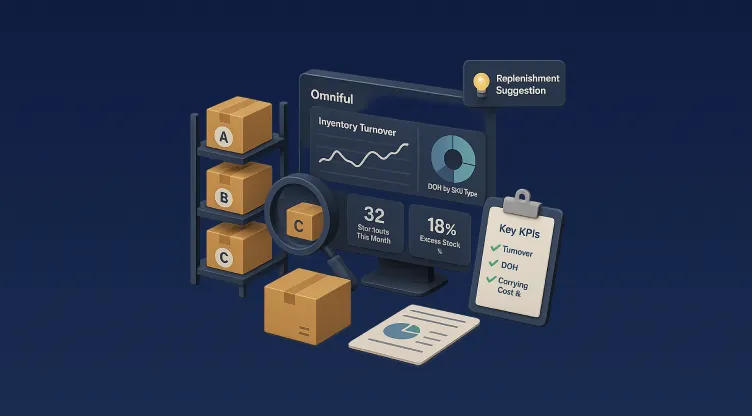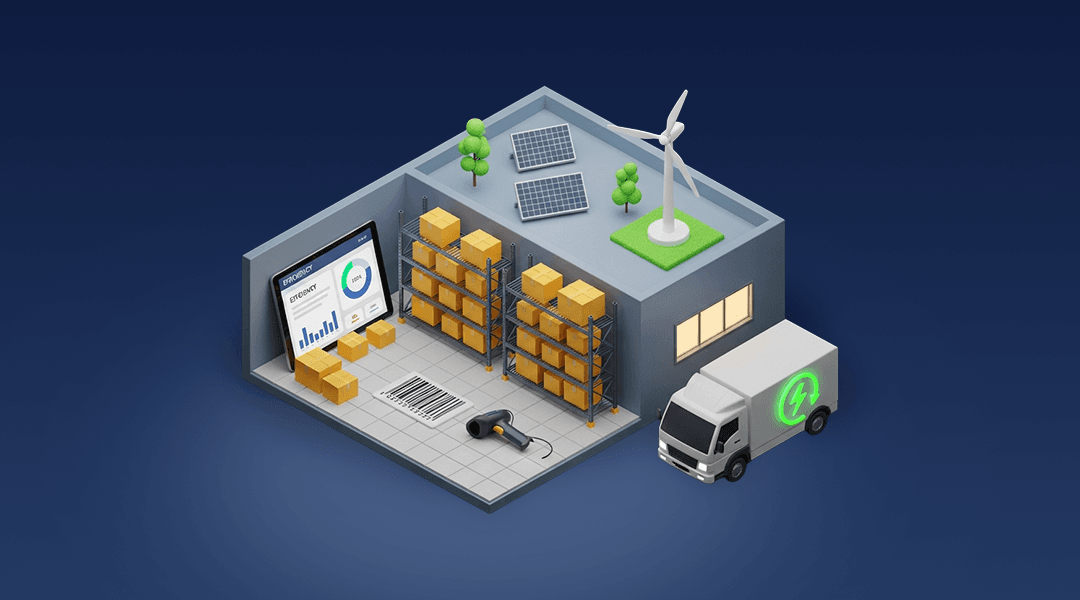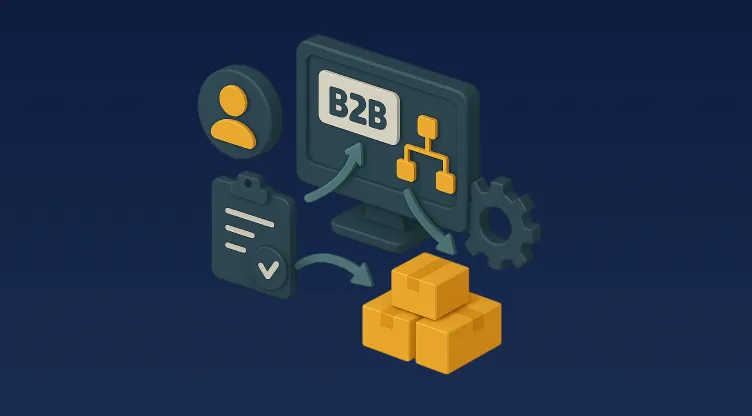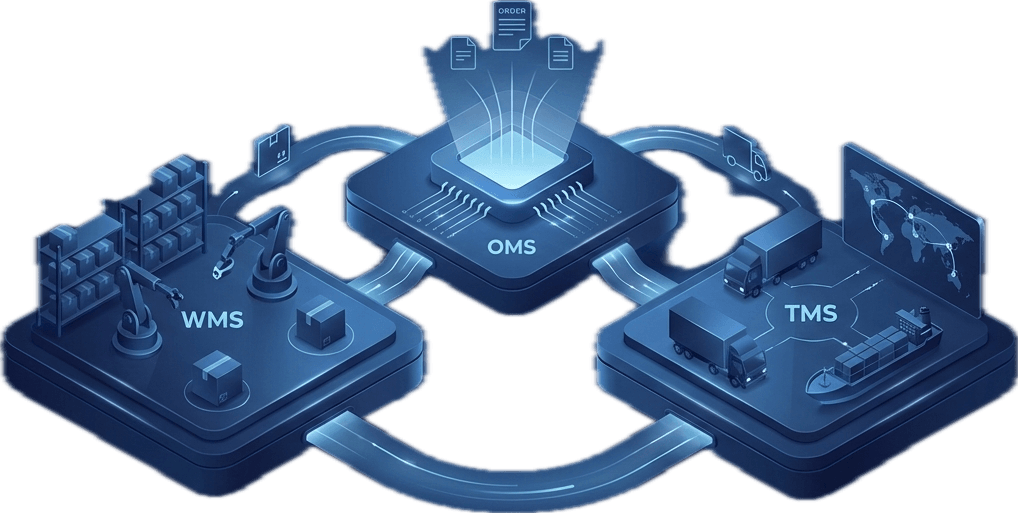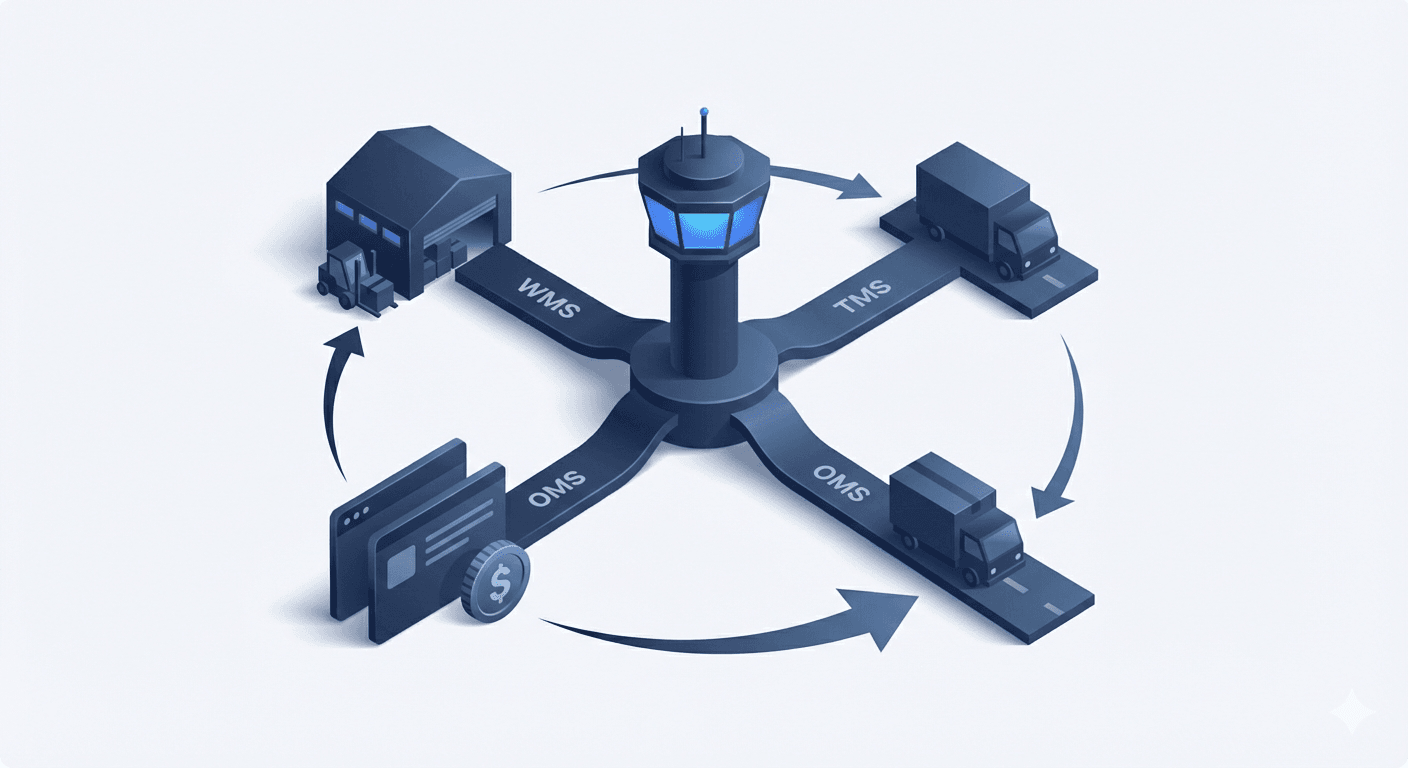How to Manage Supply Chain Crises: Winning Strategies for Sudden Disruptions

Table of Contents
Snapshot Summary: What You’ll Learn in This Guide
- Why supply chain crises in MENA are more frequent and damaging now
- Root causes: pandemics, war, port closures, inflation, cyberattacks
- Proven crisis management strategies for logistics and operations
- How procurement and supply chain management tools limit damage
- Real examples from the MENA region (like Aramex and Laverne)
- Steps to future-proof your business through digital transformation
- Best systems to reduce cost and risk during a supply chain emergency
Understanding the Fragile Reality of Today’s Supply Chains
The supply chain is the beating heart of any business. When it falters, everything from customer satisfaction to brand reputation crumbles. In the MENA region, these challenges are magnified. Frequent geopolitical tensions, reliance on imports, currency fluctuations, and limited port infrastructure make local supply chains more fragile.
Since COVID-19, global supply chains have seen a domino effect of crises. Whether it's the Suez Canal blockage or container shortages, disruptions no longer happen in isolation. For MENA-based retailers and logistics firms, the question is no longer “if” but “when” the next crisis will strike.
To thrive amid uncertainty, businesses must master supply chain crisis management.
Common Causes of Supply Chain Disruption in MENA
Supply chain interruptions can happen for many reasons, often beyond your control. Understanding the triggers helps businesses prepare better.
Political Instability and Conflict
Ongoing tensions in regions like Yemen and Sudan, or sanctions on trade with certain countries, often paralyse cargo movements or halt cross-border supply lines.
Natural Disasters and Pandemics
The COVID-19 pandemic exposed global weaknesses in medical, food, and retail supply chains. Future pandemics, floods, and heatwaves could also impact inventory flow in countries like the UAE and Saudi Arabia.
Port Congestion and Infrastructure Gaps
Ports in the MENA region, while growing, still lag behind global leaders in efficiency. Port congestion at Jeddah or Alexandria can result in weeks of delays.
Inflation and Currency Shocks
Fluctuating exchange rates and inflation in emerging economies (e.g., Egypt, Lebanon) disrupt procurement and pricing decisions.
Digital Threats
Cyberattacks targeting warehouse systems or logistics networks can result in delayed orders, data theft, or system shutdowns.
Crisis Management: 7 Proven Strategies for Supply Chain Resilience
Build Supplier Redundancy
Relying on one source or one region is risky. Build a supplier network across countries. If your Chinese supplier faces lockdown, a Turkish or UAE-based backup can prevent service failure.
Plug and Play Integrations from Omniful help manage multi-supplier data efficiently.
Embrace Real-Time Inventory Tracking
Most businesses only realise they have a problem once it's too late. With a real-time Inventory Management System, you get full visibility into stock levels, expiry dates, safety stocks, and alerts for near-zero inventory.
Invest in a Resilient Order Management System (OMS)
During a crisis, order delays or cancellations are common. An Order Management System with automated workflows, exception handling, and dynamic rerouting of orders to different hubs can prevent customer dissatisfaction.
Leverage a Transportation Management System (TMS)
Movement of goods is the lifeline of logistics. A robust Transportation Management System can help reroute deliveries during road blockages, port closures, or driver shortages.
Implement Demand Forecasting with AI
Using historical data and AI models, predict changes in demand. For instance, rising temperatures in the Gulf often increase demand for cold-chain logistics in food and pharma.
Omniful enables AI-powered forecasting as part of its supply chain platform, allowing you to optimise procurement cycles.
Strengthen Communication with Stakeholders
Always keep your partners informed. Use tools that integrate with suppliers, 3PLs, and carriers. This ensures rapid reaction and collaboration in crisis moments.
Built-in supplier management and shipment tracking in Omniful streamline communication across all tiers.
Automate and Diversify Fulfilment
Incorporate dark stores, micro-fulfilment centres, and local warehousing to minimise last-mile disruptions. Brands like Laverne in Saudi Arabia now use in-house fulfilment to avoid unreliable 3PL delays.
Use Warehouse Management System to enable advanced picking, zone-based wave planning, and location-based inventory routing.
Real Case: How Aramex Navigated a Logistics Crisis in KSA
Aramex needed a modern way to manage over 100 dark stores across Saudi Arabia. Traditional OMS platforms lacked hyperlocal capabilities and multi-brand fulfilment support.
Solution: Omniful built a branded Order Management System integrated with Infor WMS and 20+ sales channels.
Results:
- 3PL fulfilment across 100+ dark stores
- Reduced manual processes and increased ROI
- Business continuity despite crisis events
This shows how digital infrastructure can mitigate long-term risks.
Preparing for the Next Disruption
Step 1: Audit Your Vulnerabilities
Map out suppliers, warehouses, routes, and technologies. Identify single points of failure.
Step 2: Create a Crisis Playbook
Have clear SOPs for each type of disruption. Include escalation contacts, emergency suppliers, and risk tolerance levels.
Step 3: Train Your Teams
Your staff must understand the digital tools and playbooks. Conduct drills and audits every quarter.
Step 4: Digitise and Integrate
Replace spreadsheets and manual reports with real-time dashboards. Connect your POS system with your TMS and WMS.
How Omniful Supports Crisis-Proof Supply Chains
Omniful is more than just an operations platform. It’s a crisis management tool for your entire supply chain.
- Returns Management: Handle failed deliveries and customer returns efficiently.
- Shipping Gateway: Automate shipping rules and connect with over 100 logistics providers.
- AI-Powered Optimisation: Predict demand, suggest inventory levels, and reroute orders on the fly.
Born in Riyadh and built for MENA, Omniful solves the very pain points most regional brands face today.
Frequently Asked Questions (FAQs)
What is supply chain crisis management?
It is the process of preparing for and responding to disruptions like port shutdowns, cyberattacks, or supplier failures in your supply network.
Why is it important for MENA businesses?
MENA economies rely heavily on imports and have regional vulnerabilities, making crisis readiness essential.
How can small businesses prepare for supply chain disruptions?
Start with simple steps like dual sourcing, safety stocks, and implementing an OMS or WMS that offers visibility.
Can AI really help in crisis scenarios?
Yes. AI can forecast demand spikes, suggest supplier alternatives, and automate route planning in real-time.
Ready to Build a Resilient Supply Chain?
Crises will come. But with the right technology stack, you can stay ahead, deliver faster, and build lasting customer trust.
Start by exploring Omniful’s Supply Chain Solutions for real-time inventory control, smart order routing, and plug-and-play integrations with your existing systems.
🚀 Request a Demo or See Omniful in Action today.



